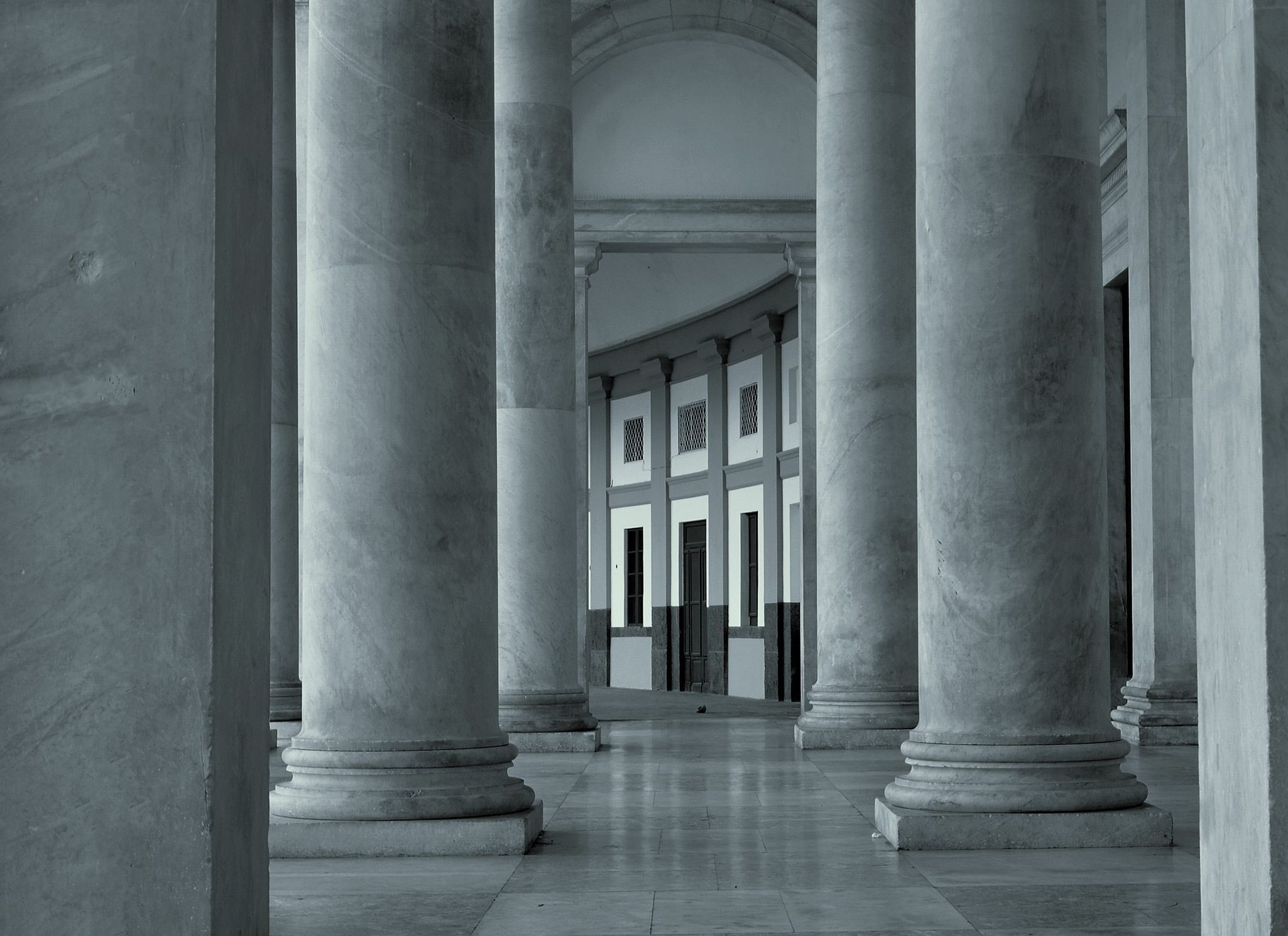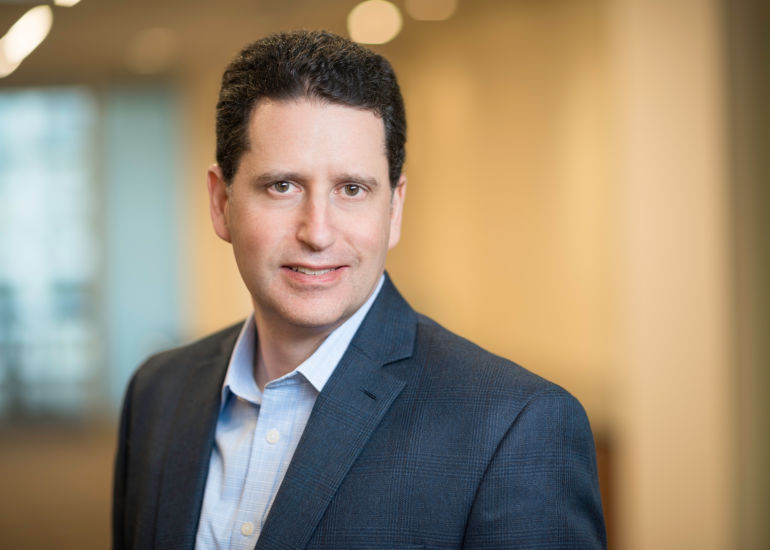
The Seventh Circuit recently confirmed that Actavis is the appropriate framework to assess biosimilar patent settlements, despite the differences in the regulatory structure—the first appellate court ruling on this issue. In a decision authored by Judge Easterbrook, the Seventh Circuit affirmed the Northern District of Illinois Court's decision dismissing antitrust claims brought against AbbVie and biosimilar Humira manufacturers by indirect purchasers of Humira. Mayor and City Council of Baltimore, et al. v. AbbVie Inc. et al., No. 20-2402 (7th Cir. 2022). In a short and pointed opinion the court held that AbbVie's obtaining and invoking of 132 patents did not constitute monopolization under Section 2 of the Sherman Act, and that AbbVie's patent settlements with biosimilar Humira manufacturers in Europe and the United States were not unlawful reverse payments under FTC v. Actavis, 570 U.S. 136 (2013) because they were separate settlements under distinct patent regimes, and not part of one global settlement that exchanged early entry in one jurisdiction for delayed entry in another, as the plaintiffs alleged.
Procedural History
Welfare benefit plans (indirect purchasers of AbbVie's Humira) sued AbbVie in 2019 alleging that AbbVie monopolized the Humira market by: 1) obtaining a "patent thicket" around Humira consisting of 132 patents which the plaintiffs alleged were weak and would not have been able to exclude biosimilar competitors but for the sheer number; and 2) entering unlawful reverse payment agreements with "would be" Humira competitors whereby biosimilar competitors could enter earlier in the EU in exchange for delayed entry in the United States. In re Humana (Adalimumab) Antitrust Litigation, No. 19-cv-1873 (N.D. Ill.). Judge Manish Shah granted the defendants' Motion to Dismiss in June 2020. That decision was appealed to the Seventh Circuit.
Monopolization Claims: The Humira "Patent Thicket" and Walker Process
The Seventh Circuit rejected the plaintiffs' claims that AbbVie's obtaining and asserting patents violated the antitrust laws as illegal monopolization. First, the court explained that simply having numerous patents was not inherently monopolistic: "[W]hat's wrong with having lots of patents? … The patent laws do not set a cap on the number of patents any one person can hold." Op. at 4. The court explained that the plaintiffs did not allege that AbbVie's patents were fraudulently obtained. Indeed, given this deficiency, it was "hard to see how AbbVie [could] be penalized for its successful petitions" to the U.S. Patent and Trademark Office, noting that AbbVie's success rate (what both the district court and Judge Easterbrook referred to as AbbVie's "batting average") was over 50 percent. Op. at 5.
The court explained that the plaintiffs' patent-thicketing theory runs contrary to the Noerr-Pennington doctrine—the plaintiffs merely alleged that AbbVie used the outcome and not the process to monopolize the Humira market. That was not satisfactory to overcome Noerr-Pennington immunity, as the unlawful petitioning must seek to use the process itself as an anticompetitive weapon. Op. at 6.
The court was generally skeptical of the plaintiffs' theory that AbbVie violated the antitrust laws by including some "irrelevant patents [in lawsuits] against producers of biosimilar drugs." Op. at 6. However, the plaintiffs' purely retrospective framing was inappropriate—"a separate antitrust suit by strangers to the patent litigation does not justify an effort to adjudicate by proxy what might have happened in the patent litigation but didn't." Op. at 7. Further, the court seemed to imply that if AbbVie's patents were really as bad as the plaintiffs alleged, Humira biosimilar competitors would have launched at risk—"As it happened, none of AbbVie's potential competitors chose to launch at risk, even after the FDA's approval." Op. at 3-4.
AbbVie's Settlements with Humira Biosimilar Entrants
Next, the court rejected the allegations that AbbVie's settlements with Humira biosimilar competitors constituted large and unjustified payments under Actavis. The court first held that Actavis is the correct framework to assess the antitrust claims regarding biosimilar competition notwithstanding the differences in regulatory frameworks from traditional generic products.
Then, the court rejected the plaintiffs' allegations that AbbVie paid competitors to delay entry in the U.S. until 2023 by permitting earlier entry of Humira's competitors in Europe in 2018. The court explained that this difference may simply be the result of different patent laws in the EU (and among EU member states) versus the United States. "It would be much too speculative to treat the different entry dates as some kind of 'reverse payment' rather than a normal response to a different distribution of legal rights under different patent systems." Op. at 11. Even beyond this, Actavis expressly held that a settlement premised on early entry alone is permissible. The plaintiffs' theory was that AbbVie and the biosimilar competitors agreed to delayed entry in the United States in exchange for early entry in the EU. The court rejected the plaintiffs' argument that the two non-payment settlements between competitors combined constituted a payment.
The court further dismissed the plaintiffs' theory that by "leaving money on the table in Europe, AbbVie effectively paid the potential entrants for delay in the United States." Op. at 9 (framing this as the "opportunity cost" model). This reasoning was similarly rejected by the court in Actavis as it would effectively subject every standard patent settlement to antitrust scrutiny. Op. at 10 (citing 570 U.S. at 151-52).
Potential Implications
First, this Opinion confirms the understanding that Actavis should be the framework applied to assessing alleged reverse payments pertaining to biologics, despite differences in the biologic and generic regimes.
Second, this Opinion indicates that courts are likely skeptical of new theories of monopolization, particularly at the intersection of antitrust and IP. This continues a trend of courts generally affording deference to the patent system. Here, the court instead held that the plaintiffs' arguments are simply issues of patent law and the proper fora for the plaintiffs' arguments were patent litigations. See e.g., Op. at 6-7.
Finally, this Opinion further supports the idea that the "opportunity cost" theory is not a valid theory under Actavis. Instead, the plaintiffs need to allege "an actual payment" to the generic beyond splitting the difference on entry dates. Op. at 11. This is in line with the Actos decision by the Southern District of New York, which held that agreements between the patentee and generics that did nothing besides set the timing of generic entries also did not constitute a payment. In re Actos End-Payor Antitrust Litigation, No. 13-cv-9244 (RA) (S.D.N.Y Sept. 22, 2015).
Wilson Sonsini regularly counsels pharmaceutical and life sciences companies on antitrust-related matters. For more information, please contact Seth Silber, Jeff Bank, Brendan Coffman, Nathan Mendelsohn, and Rachel Gray.
Contributors
- Privacy Policy
- Terms of Use
- Accessibility



